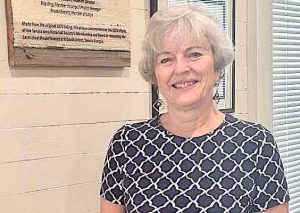The American Red Cross has issued an emergency call for blood donors as the month of June fell short by 50,000 donors in the metro Atlanta area.
That means there are less than half the amount of readily available blood products on hand compared to this time last year, officials said.
All blood types are needed but especially O positive, O negative, B negative and A negative in order to meet patient demand this summer.
An unseasonably early start to spring may be a contributing factor to this year’s decrease in donations. Many regular donors got an early start on summer activities and aren’t taking time to give blood or platelets. In addition, this year’s mid-week Independence Day holiday has reduced the number of scheduled Red Cross blood drives. Many sponsors, especially businesses, are unable to host drives because employees are taking extended vacations.
“Every day, the Red Cross must collect more than 17,000 pints of blood for patients at more than 3,000 hospitals and transfusion centers across the country. Of that, the Southern Blood Services Region must collect approximately 1,200 pints per day,” said Randy Edwards, CEO of the American Red Cross Southern Blood Services Region, serving Georgia and parts of South Carolina and Florida. “We need donors to make appointments in the coming days and weeks to help us ensure that all patient blood needs can be met. Each pint of whole blood can help save more than one life.”
If the blood supply continues to dwindle, physicians can postpone elective surgery or forego more serious procedures if a worst-case scenario happens, Edwards said. The Red Cross’ goal is to insure that doesn’t happen, he added.
To make a blood donation appointment, call 1-800-RED CROSS (1-800-733-2767) or visit redcrossblood.org.
A blood donor card or driver’s license, or two other forms of identification are required at check-in. Individuals who are 17 years of age (16 with parental permission in some states), weigh at least 110 pounds and are in generally good health may be eligible to donate blood. High school students and other donors 18 years of age and younger also have to meet certain height and weight requirements.










Leave a Comment
You must be logged in to post a comment.